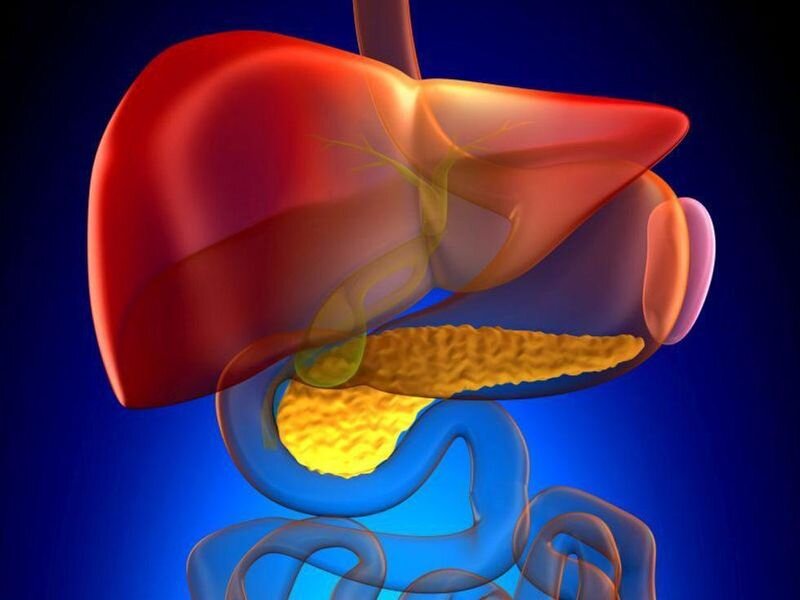Where is the Pancreas Located? And Other Questions I Never Asked Before
Topic: Your Source for Breaking News & Inspirational Stories

Human beings are more familiar with some bodily organs than others. When asked where their brain is, they point to their head. When asked where their heart is, they point to their chest. But ask an adult to point to their pancreas and, at best, they’ll make a vague reference to their torso. Nevermind asking them about what the pancreas does or why it’s important! You may never think to ask these questions unless something like a cancer diagnosis forced it.
So, let’s start with the basics: where is the pancreas located? The six-10-inch flat pear-shaped organ is located inside the abdomen. The head of the pancreas is on the right side of the abdomen connected to the first section of the small intestine through a small tube called the pancreatic duct. This location makes the pancreas particularly difficult to reach and scan, leading to a later diagnosis.
Now that you know where the pancreas is located, let’s talk about what it actually does and why it’s so important to a healthy life. Part of the endocrine system, the pancreas makes enzymes to break down sugars, fats and starches from food during digestion. It also secretes blood sugar-regulating hormones insulin and glucagon. When the pancreas isn’t working properly and doesn’t produce enough digestive enzymes and hormones, food can’t be absorbed normally and blood sugar isn’t regulated. This can lead to serious health issues like diabetes, pancreatitis and even pancreatic cancer.
If you are diagnosed with pancreatic cancer, the wave of questions and concerns flooding through your mind can be overwhelming. In addition to the basic questions above, you could ask yourself, “Why did I get this disease? What are my treatment options? Will I survive?” among others. Loved ones could ask, “What can I do to help? How do I cope with something this devastating?” Fortunately, the Lustgarten Foundation is here to help.
An important first step is understanding the cancer’s stage, or development. Staging is a standardized way to classify a tumor based on its size, whether it has spread—or metastasized—and where it has spread. Staging determines the extent of the disease and influences treatment decisions.
Another important thing to consider is your healthcare team. Treating pancreatic cancer often requires an interdisciplinary approach including an oncologist, a surgeon, an internist and other specialists who will be involved in patient care. Building a trusted, knowledgeable and caring treatment team can offer patients and their loved one’s peace of mind.
One of the best things a loved one can do for patients undergoing treatment is to develop a support system around them. Having a family member or friend accompany them to oncology appointments offers both support and another person who knows the proposed treatment plan—and who can ask clarifying questions the patient may be too overwhelmed to consider. Members of the support system can offer different kinds of support: driving the patients to appointments. Cooking meals and doing chores. Or simply being there when they’re feeling mentally and physically exhausted. Patients need a cheerleader to have their back and encourage them when they’re feeling low.
The Lustgarten Foundation has included these and other important guidelines in our Patient Checklist. You may only be curious about something as simple as where the pancreas is located. But when it comes to being diagnosed with pancreatic cancer, you’ll want to know anything and everything. Lustgarten is here to help answer your questions, and to help you understand the latest research in the fight against pancreatic cancer.

